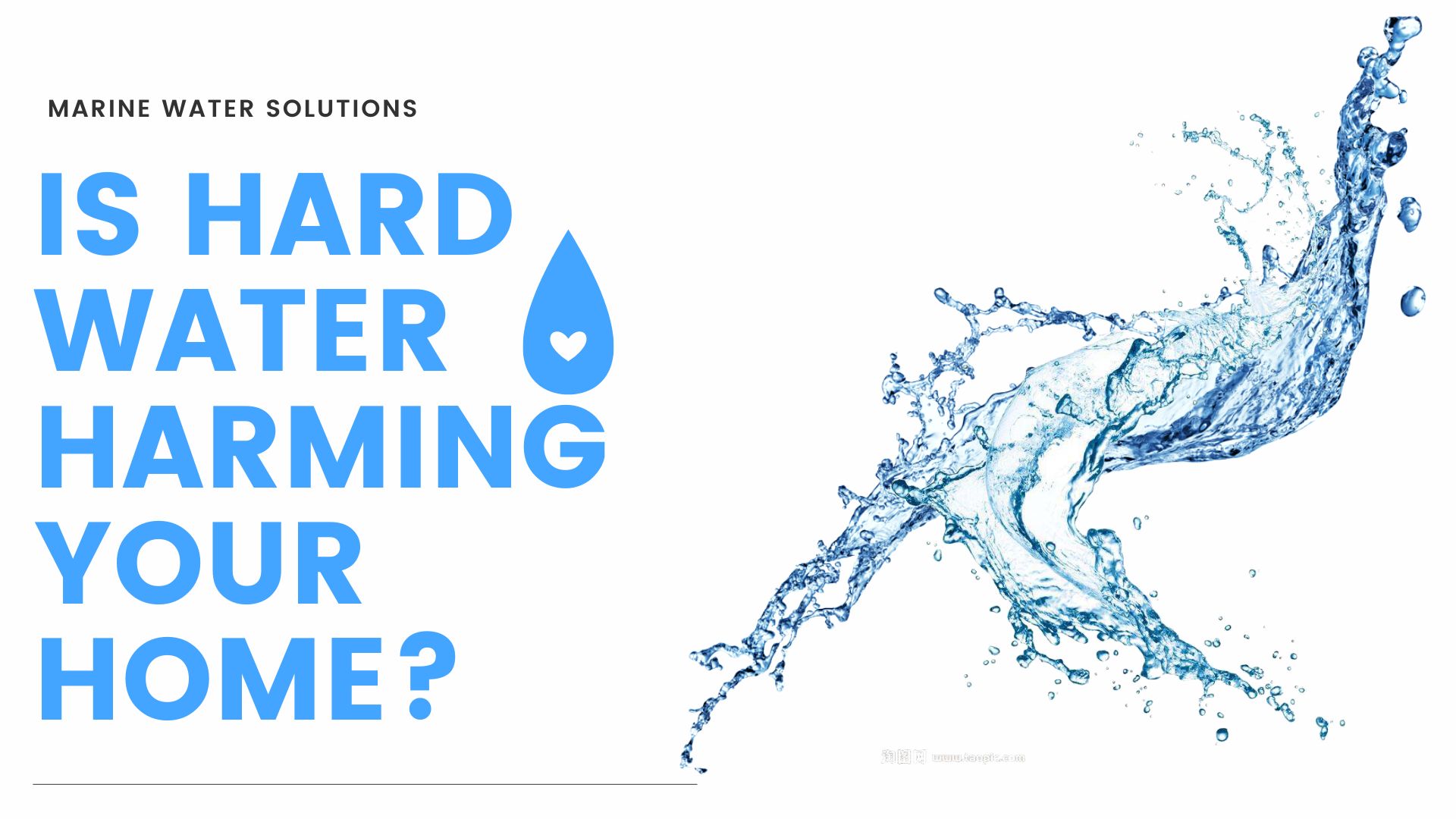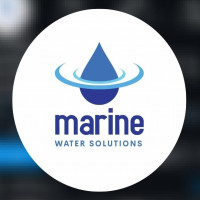Understanding Hard Water: What It Is, Why It Matters, and How to Deal With It

Strong 8k brings an ultra-HD IPTV experience to your living room and your pocket.
If you've ever struggled to get your soap to lather, noticed white spots on your dishes, or found your laundry feeling stiff and scratchy, you might be dealing with hard water. It's a common issue in many parts of the world, and while it's not harmful to your health, it can be a real nuisance in daily life. Installing a water softener can be an effective solution to these problems, as it helps to reduce the mineral content in your water, making it "softer" and more compatible with soaps and detergents. Let's explore what hard water is, why it causes problems, and how you can effectively manage it.
What Is Hard Water?
Hard water is water that contains high levels of dissolved minerals, primarily calcium and magnesium. These minerals are naturally picked up as water flows through soil and rock formations. While these minerals aren't harmful to consume, they can interfere with various household tasks and appliances.
How Does Hard Water Affect Daily Life?
Soap and Detergent Efficiency: Hard water reduces the effectiveness of soaps and detergents. The minerals react with soap to form a scum, preventing it from lathering properly. This means you end up using more soap for the same cleaning tasks.
Appliance Lifespan: The minerals in hard water can accumulate inside appliances like dishwashers, washing machines, and water heaters, leading to scale buildup. This not only reduces efficiency but can also shorten the lifespan of these appliances.
Laundry Issues: Clothes washed in hard water may feel rough and look dingy. The mineral deposits can make fabrics stiff and dull the colors over time.
Skin and Hair Problems: Bathing in hard water can leave your skin feeling dry and your hair looking dull. The minerals can strip away natural oils, leading to irritation and dryness.
Why Doesn't Soap Work Well in Hard Water?
When soap is mixed with hard water, the calcium and magnesium ions react with the soap molecules to form an insoluble substance known as soap scum. This scum doesn't dissolve in water, making it difficult to rinse off. As a result, you might find yourself using more soap to achieve the desired cleanliness, which isn't cost-effective and can still leave residues on your skin, clothes, and dishes.
How to Convert Hard Water to Soft Water
There are several methods to soften hard water:
Boiling: Boiling water can precipitate some of the calcium carbonate, making the water temporarily softer. However, this method is only practical for small quantities of water.
Chemical Additives: Adding washing soda (sodium carbonate) can help soften water by precipitating out calcium and magnesium ions. This method is often used in laundry applications.
Ion Exchange Water Softeners: These devices replace calcium and magnesium ions with sodium or potassium ions, effectively softening the water. They're suitable for whole-house water softening and are widely used in residential settings.
How Water Softeners Help
Water softeners are devices designed to remove the minerals that cause water hardness. Here's how they benefit your household:
Improved Cleaning Efficiency: With softened water, soaps and detergents work more effectively, leading to cleaner dishes, brighter laundry, and better personal hygiene.
Extended Appliance Lifespan: By preventing scale buildup, water softeners help maintain the efficiency and longevity of appliances like water heaters, dishwashers, and washing machines.
Energy Savings: Scale buildup in appliances can lead to increased energy consumption. Softened water ensures that appliances operate efficiently, potentially reducing energy bills.
Better Skin and Hair Health: Soft water is gentler on the skin and hair, reducing dryness and irritation.
Removing Hard Water Stains
Hard water often leaves behind mineral deposits, resulting in unsightly stains on fixtures, tiles, and glassware. Here's how to tackle them:
Vinegar Solution: Soak a cloth in white vinegar and apply it to the stained area. Let it sit for a few minutes before scrubbing and rinsing. The acidity of vinegar helps dissolve mineral deposits.
Baking Soda Paste: Mix baking soda with a small amount of water to form a paste. Apply it to the stained area, scrub gently, and rinse. This method is effective for tougher stains.
Lemon Juice: The citric acid in lemon juice can also help break down mineral deposits. Apply it directly to the stain, let it sit, then scrub and rinse.
A Closer Look: Hard Water in Andhra Pradesh
In regions like Andhra Pradesh, India, hard water is a prevalent issue due to the geological composition of the area. Studies have shown that a significant portion of groundwater in the state has high levels of hardness, affecting both urban and rural communities. For instance, in the Rapur area, total hardness levels in groundwater samples ranged from 71 to 446 mg/L, with many samples exceeding the acceptable limits for drinking water.
This widespread hardness poses challenges for daily life, agriculture, and industrial processes, making water treatment and management strategies crucial for the region.
Also Read: Water Softener Benefits
Conclusion
Hard water is a common issue that can impact various aspects of daily life, from cleaning and appliance maintenance to personal hygiene. Understanding its effects and implementing solutions like water softeners can lead to improved water quality and household efficiency. Whether you're dealing with hard water in Andhra Pradesh or elsewhere, taking proactive steps to manage water hardness can make a significant difference in your home's comfort and functionality.
Note: IndiBlogHub features both user-submitted and editorial content. We do not verify third-party contributions. Read our Disclaimer and Privacy Policyfor details.


